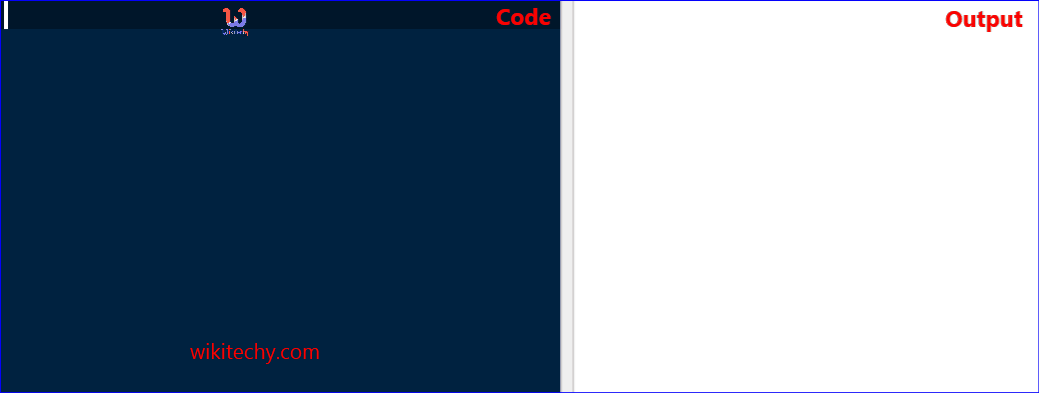C Library and User Define Functions (UDF) - Functions in C

Learn C - C tutorial - c library and user define functions - C examples - C programs
C Library and User Define Functions (UDF)
Library Functions
- Library functions in C language are inbuilt functions which are grouped together and placed in a common place called library.
- Each library function in C performs specific operation.
- We can make use of these library functions to get the pre-defined output instead of writing our own code to get those outputs.
- These library functions are created by the persons who designed and created C compilers.
- All C standard library functions are declared in many header files which are saved as file_name.h.
- Actually, function declaration, definition for macros are given in all header files.
- We are including these header files in our C program using “#include<file_name.h>” command to make use of the functions those are declared in the header files.
- When we include header files in our C program using “#include<filename.h>” command, all C code of the header files are included in C program. Then, this C program is compiled by compiler and executed.
User Define Functions
- User Define Functions which are defined and declared by the programmer to do some particular task.
- These are designed to re-use the code.
Sample Code
#include <stdio.h>
void message(void);
int main()
{
message();
message();
return 0;
}
void message(void)
{
printf("\nwikitechy...");
}Output
wikitechy...
wikitechy...
